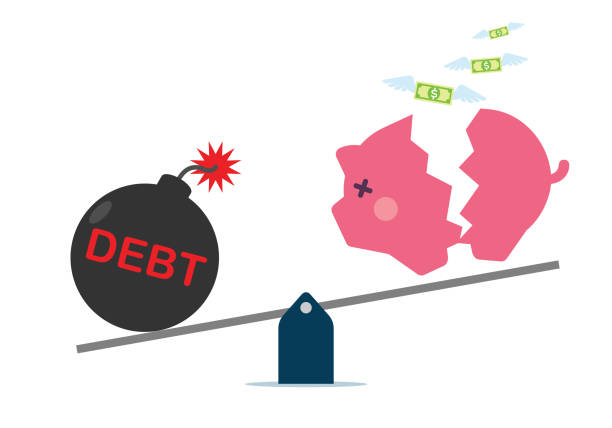
In the intricate tapestry of personal finance, where wealth accumulation and debt management often claim center stage,
insurance operates as the essential, albeit less glamorous, foundation of protection. It is the strategic mechanism for transferring financial risk, a disciplined approach to safeguarding assets and future income against unforeseen catastrophes. Without adequate insurance, a single event—a major illness, a natural disaster, a lawsuit, or the death of a breadwinner—can dismantle years of careful
financial planning and erode hard-earned savings in an instant. Therefore, viewing
insurance not as an optional expense but as a critical component of a comprehensive financial plan is fundamental to achieving true and lasting economic security.The role of
insurance extends across every facet of personal finance, each policy serving as a specialized shield. Health
insurance protects against the exorbitant costs of medical care, preserving retirement accounts and emergency funds from being depleted by a sudden illness or accident. Life
insurance provides a financial backstop for dependents, ensuring that a family’s goals, from paying a mortgage to funding college educations, can continue uninterrupted after a loss. Property and casualty insurance, including auto and homeowners policies, defend tangible assets against damage or liability claims. Even one's ability to earn an income, arguably their most valuable asset, can be insured against disability through long-term disability insurance.Selecting the right types and amounts of coverage is a nuanced exercise in risk assessment. It involves evaluating potential vulnerabilities and determining the financial impact an individual or family could withstand without devastating consequences. This process balances the cost of premiums against the value of peace of mind and financial protection. A common personal finance strategy is to opt for higher deductibles to lower premium costs, effectively self-insuring for smaller, manageable losses while retaining coverage for catastrophic events. This approach aligns
insurance spending with its primary purpose: protecting against significant, life-altering financial risks.Ultimately,
insurance is an investment in stability and continuity. It is the safety net that allows individuals to pursue growth-oriented financial strategies with confidence, knowing they are protected from the vicissitudes of fate. The regular premium payments are not merely expenses but strategic transfers of risk that fortify one’s financial foundation against storms. In this light,
insurance becomes a proactive tool for wealth preservation, ensuring that a single unforeseen event does not derail a lifetime of effort. It is the quiet guardian of personal finance, providing the security necessary to build a prosperous future without fear of catastrophic loss.



 In the intricate tapestry of personal finance, where wealth accumulation and debt management often claim center stage,
In the intricate tapestry of personal finance, where wealth accumulation and debt management often claim center stage, 

